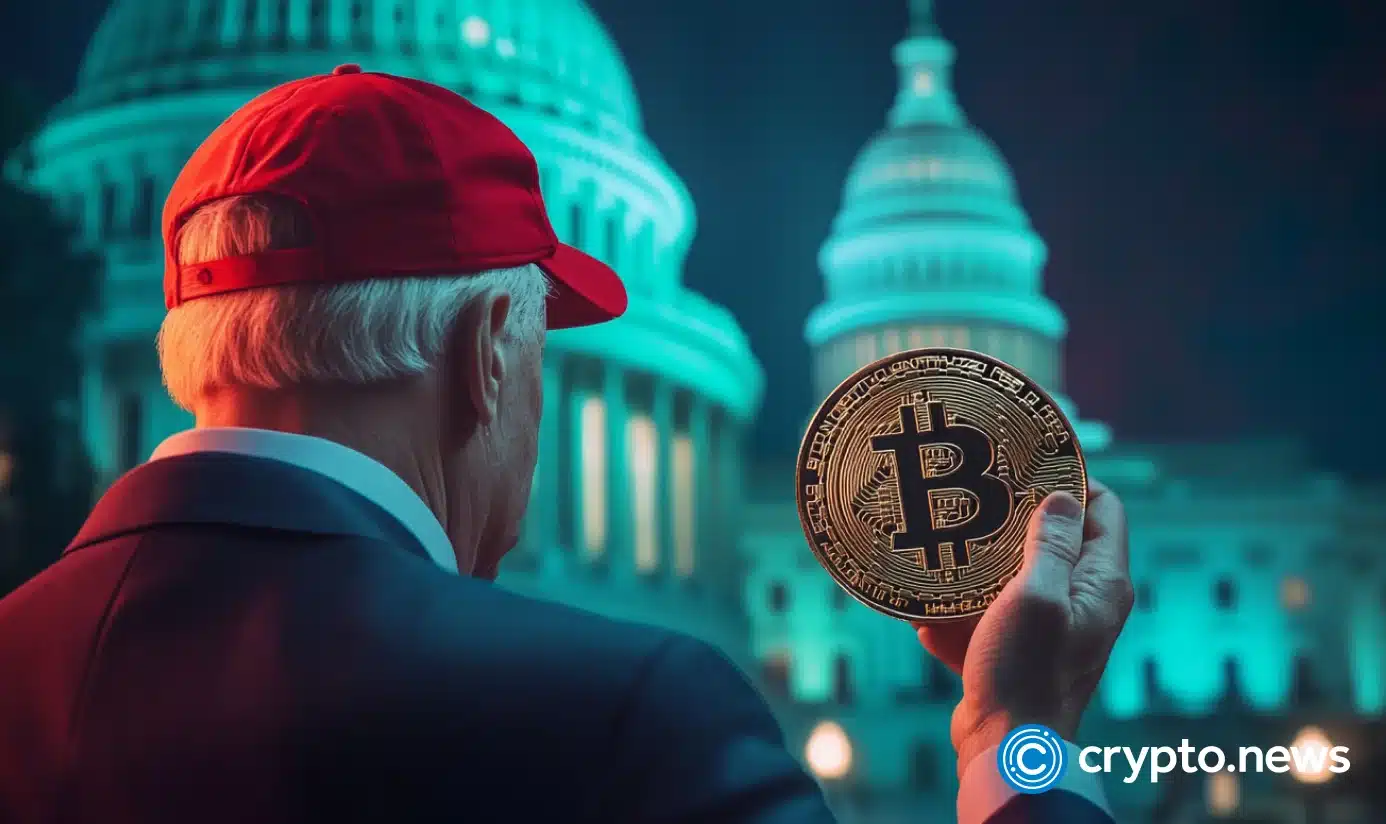
In a lengthy post on X, CryptoQuant CEO Ki Young Ju questioned whether the U.S. would embrace a Bitcoin reserve under the incoming Donald Trump administration.
“I personally support the idea of Bitcoin Standard,” Young Ju said. “However, I question whether the U.S., while continuing to grow as other economies stagnate, would adopt Bitcoin as a strategic asset. For the debate to gain serious momentum, the U.S. would need to see its global economic dominance genuinely threatened. At present, market sentiment suggests confidence in the U.S.’s continued supremacy.”
Trump, on the 2024 campaign trail, promised to establish a national Bitcoin (BTC) reserve to drum up support among cryptocurrency enthusiasts. This initiative has garnered attention, with some analysts suggesting it could lead to significant appreciation in Bitcoin’s value.
Indeed, in the weeks following Election Day, Bitcoin reached an all-time high of over $108,300.
But even before Trump changed his stance on Bitcoin, the U.S. already stood at the top of the global Bitcoin mining chart, producing approximately 37.8% of the world’s Bitcoin hash rate as of 2022, according to the government Energy Information Administration.
Also, the U.S. dollar also maintains its dominance globally, handling about 58% of all trade and 59% of all currency reserves.
As such, Young Ju expects the U.S. only to accept a strategic Bitcoin reserve if it sees its global dominance threatened. See his full comment below.
CryptoQuant raised $6.5 million from Atinum Investment in 2023. It is a top rival to companies like Glassnode and Nansen.
Was Trump’s Bitcoin reserve promise just campaign rhetoric?
As geopolitical shifts and economic uncertainties continue to influence global markets, a notable trend is emerging among Koreans, Young Ju says: They’re increasingly turning to U.S. dollars as a safe haven, eclipsing both gold and Bitcoin.
This reflects a broader global sentiment that favors the dollar’s relative stability and raises questions about how U.S. economic policies will evolve under Trump’s leadership.
Trump has only been an outspoken advocate for cryptocurrency for less than a year, explicitly doubting its potential as a cornerstone of future financial systems when he was in office the last time.
Trump’s stance on Bitcoin may shift yet again depending on the broader political landscape, Young Ju observes.
“If Trump succeeds in showcasing U.S. economic resilience, reinforcing the dollar’s supremacy, and boosting his approval ratings, it’s unclear if he would maintain the strong pro-Bitcoin stance he demonstrated during his campaign,” he adds. “He could easily step back from his Bitcoin advocacy, citing changing priorities, without alienating his voter base.”
For Young Ju and other crypto professionals, the question remains: Was Trump’s mention of Bitcoin at the BTC Conference a serious step toward a “Bitcoin Standard,” or was it “a calculated move to secure votes?”
“It remains uncertain how much of his campaign rhetoric on Bitcoin he intends to fulfill,” Young Ju says.
This article first appeared at crypto.news

